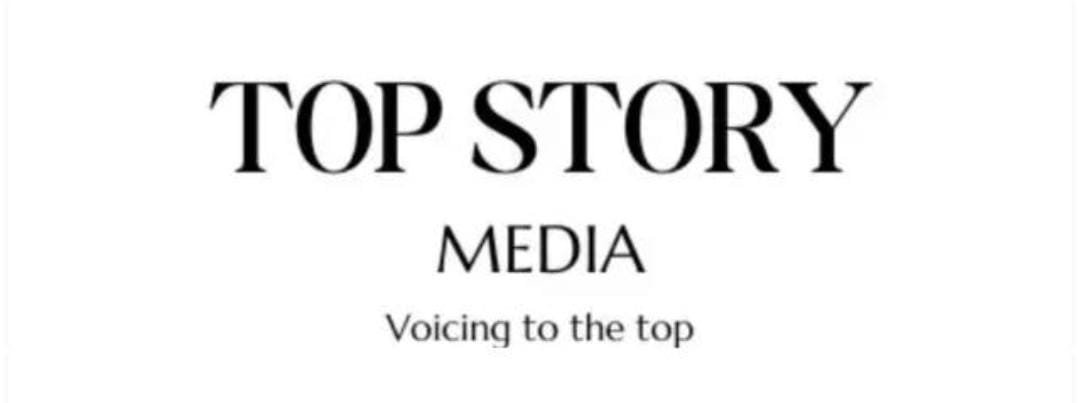
ISLAMABAD – Federal Minister for Finance and Revenue Muhammad Aurangzeb on Thursday said that massive enforcement crackdown against tax evasion and tax fraud has been planned and would be implemented in coming weeks, as the government has projected tax leakage worth of Rs7 trillion.
Addressing a press conference here, the minister said that sales tax evasion by companies is Rs3.4 trillion, almost 50 percent, of the total tax leakage of Rs7 trillion in the economy as estimated by the government’s study. The tax evasion can be gauged from the fact that only 14 per cent of 300,000 manufacturers liable to be registered are registered with the tax net. Many of the registered entities are also involved in misreporting of turnover, excess input tax claim and use of fake and flying invoices, he added.
He further said that the government would increase the tax to GDP ratio. The burden of taxation, which primarily fell on the salaried and manufacturing class, has now to be taken evenly. Giving details, he informed that income tax evasion was worth Rs1.3 trillion, with a total overall leakage close to Rs7 trillion. “If you see, almost 50pc of that is sales tax evasion,” he pointed out. “The Rs3.4 trillion — roughly 50pc of that — is sales tax evasion. Lack of registration was a major reason behind the tax fraud, citing that only 14pc of companies were registered, he added.
“Let’s come to the next category, which is tax frauds — the first one is misreporting of turnover and input claim,” he stressed. “These companies claim a high ratio of input tax so the tax payment can be reduced.” He said that companies issued “fake invoices” of supplies, adding that companies also failed to report the “agency function” where they need to report that tax to the government. And that is a big role and it results in a betrayal of the trust and trustee function that you have as a company,“ he added. The sales tax in Pakistan is collected in VAT mode as per best international practices. Under this mode trust is reposed in business entities for collection of sales tax from the buyers. It has been observed that this trust is being breached at massive scale. The Finance-Minister shared the findings of the study pertaining to iron & steel, cement, beverages, batteries and cement sectors.
It has been found that the malpractices prevail all across the business sectors. It was also observed that majority of the entities are claiming input tax in-excess of industrial benchmarks and best industrial practices.
In iron & steel, it was observed that out of the 33 large businesses engaged in iron & steel sector, representing more than 50% of total reported sales, were found in evasion of sales tax by claiming excess input tax of Rs29 billion. The major source of fake and dubious input tax is claim on the purchase of scrap metal and coal. The study of the 6 active cases across the battery sector, representing 99% of total reported sales reveals that a major part of this sector has claimed excess input tax adjustment of Rs11 billion than best practices within the industry. The major source of fake and dubious input tax is claim on the purchase of lead. The study of the 19 active cases across the cement sector, reveals that a part of the sector has claimed excess input tax adjustment of Rs18 billion in FY23-24 than best practices within the industry. The major source of fake and dubious input tax is claim on the purchase of coal.
The study of the 16 active cases engaged in the manufacturing of aerated water, representing 99% of the total reported sales of aerated waters reveals that some of these cases have claimed excess input tax adjustment of PKR 15 Billion in FY23-24 as compared to industrial benchmark of the sector.
The major source of fake and dubious input tax is claimed on the purchase of sugar, plastics and services.
The segmental study of the 228 active cases engaged in spinning, weaving and composite units, reveals that many of these cases have claimed excess input tax adjustment of Rs169 billion than best practices within the industry. The major source of fake and dubious input tax is claimed on the purchase of services, chemicals, coal, packaging and other irrelevant materials.
It was also apprised that due to this huge prevalence of tax evasion, enforcement measures including arrests and registration of criminal cases along with improvements in the reporting system were intensified during last financial year, resulting in significant decrease in the claim of fake input tax in FY23-24 across all the sectors. However, despite these efforts massive evasion still persists. To counter this evasion, more intensified enforcement measures have been planned.
The finance minister also apprised that Federal Board of Revenue has already identified and gathered evidences of tax fraud in different sectors which include 11 cases of battery sector, 897 cases of iron & steel sector and 253 beneficiaries of fake input claims on the purchase of coal. Large number of cases have been identified for criminal! proceedings on account of sales tax fraud inclusive of above-mentioned sectors. The persons in the supply-chain of these cases have manipulated the input tax adjustments, debit and credit notes and other means to defraud and dodge the return filing system. The total amount of sales tax fraud committed is Rs227 billion.
He said that massive enforcement crackdown has been planned and would be implemented in coming weeks. The Finance Minister also stated that sales tax fraud is a criminal offence and caries strict action under law which includes arrest and imprisonment of up to 10 years other than heavy penalties and fines. The action would be taken against owners of the business, in cases of sole proprietorships, partners in cases of firms association of persons and Directors, CEOs, CFOs and other authorized persons of the company.




